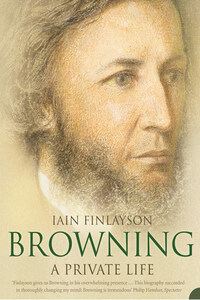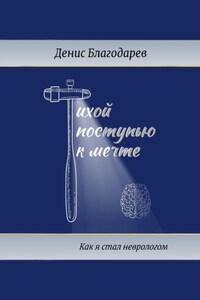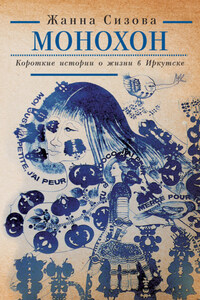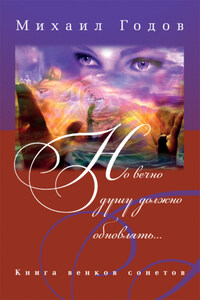HENRY JAMES, a man of sound and profound literary and personal judgements, provided the most epigrammatic epitaph for Robert Browning. On the occasion of the poetâs burial in Westminster Abbey, on 31 December 1889, he remarked: âA good many oddities and a good many great writers have been entombed in the Abbey, but none of the odd ones have been so great and none of the great ones so odd.â
The immortal voice having been condemned to final silence by disinterested Nature, and the mortal dust committed to elaborate interment by a respectful nation, James reflected that only Browning himself could have done literary justice to the ceremony:
âThe consignment of his ashes to the great temple of fame of the English race was exactly one of those occasions in which his own analytic spirit would have rejoiced, and his irrepressible faculty for looking at human events in all sorts of slanting coloured lights have found a signal opportunity ⦠in a word, the author would have been sure to take the special, circumstantial view (the inveterate mark of all his speculation) even of so foregone a conclusion as that England should pay her greatest honour to one of her greatest poets.â
Browningâs greatness and his oddity, his great value, in Jamesâ view, was that âin all the deep spiritual and human essentials, he is unmistakably in the great traditionâis, with all his Italianisms and cosmopolitanisms, all his victimisation by societies organised to talk about him, a magnificent example of the best and least dilettantish English spiritâ. That English spirit does not, generally, delight in literary or psychological subtleties; nevertheless, stoutly and steadfastly, âBrowning made them his perpetual pasture, and yet remained typically of his race ⦠His voice sounds loudest, and also clearest, for the things that, as a race, we like bestâthe fascination of faith, the acceptance of life, the respect for its mysteries, the endurance of its charges, the vitality of the will, the validity of character, the beauty of action, the seriousness, above all, of the great human passion.â
James particularly distinguished Browning as âa tremendous and incomparable modernâ who âintroduces to his predecessors a kind of contemporary individualismâ long forgotten but now, in their latest honoured companion, forcefully renewed. These predecessors, disturbed in the long, dreaming serenity of Poetsâ Corner and their âtradition of the poetic character as something high, detached and simpleâ by the irruption of Browning, are obliged to measure their marmoreal greatness against Browningâs irreverent inversions and subversions that blew the spark of life into those poetic traditions. But death diminishes the force and power of any great man untilâJames observedââby the quick operation of time, the mere fact of his lying there among the classified and protected makes even Robert Browning lose a portion of the bristling surface of his actualityâ. The stillness of silence and marble smooths out the poet and his work. The Samson who would crack the pillars of poetry is subsumed into the fabric of Poetsâ Corner, of the Abbey, and of an Englishness that eventually, by force of the simplicity of its legends and the ineffable character of its traditions, stifles the vitality of the poetâs words and corrupts the subtle colours of their maker.
âVictorian valuesâ has become a loaded phrase in recent times, sometimes revered, sometimes reviled. At best, the epithet for an age has provoked a revived interest not only in eminent Victorians but also, perhaps more so, in their ethical beliefs and social structuresâthough in our current perceptions those values are often misunderstood and misinterpreted when set against present-day values, which in turn are too often misapprehended by interested parties seeking to adapt them to their particular advantage and to the confusion of their opponents. Henry James gives the cue when he states that Robert Browning was a modern. Browning survives in the âgreat traditionâ as a âmodernâ and, in his earlier life, he suffered for it. Matthew Arnold characterized Browningâs poetry as âconfused multitudinousnessâ, and at first sight it is often bewildering. To cite the rolling acres of verse, the constantly (though not deliberately) obscure references, the occasional archaisms, is but to highlight a few surface difficulties.
To anyone unfamiliar with or still unseized by Robert Browning, his reputation as a serious, intellectual, difficult, and prolific writer is an impediment to reading even the most accessible of his poems. To the extent that he was seriousâas he could beâhe was serious because of his insistence on right and justice and the honest authenticity of his own work. To the extent that he was intellectual, he confounded even the most thoughtful critics of his day, and only now, with the perspective of time that enables more objective critical understanding of Victorian themes and thought, can his poetry be more deeply appreciated. To the extent that he was difficult, he was difficult because of his paradoxical simplicity. To the extent that he was prolificâwell, he had a great deal to say on a great number of ideas and ideals, themes and topics.








